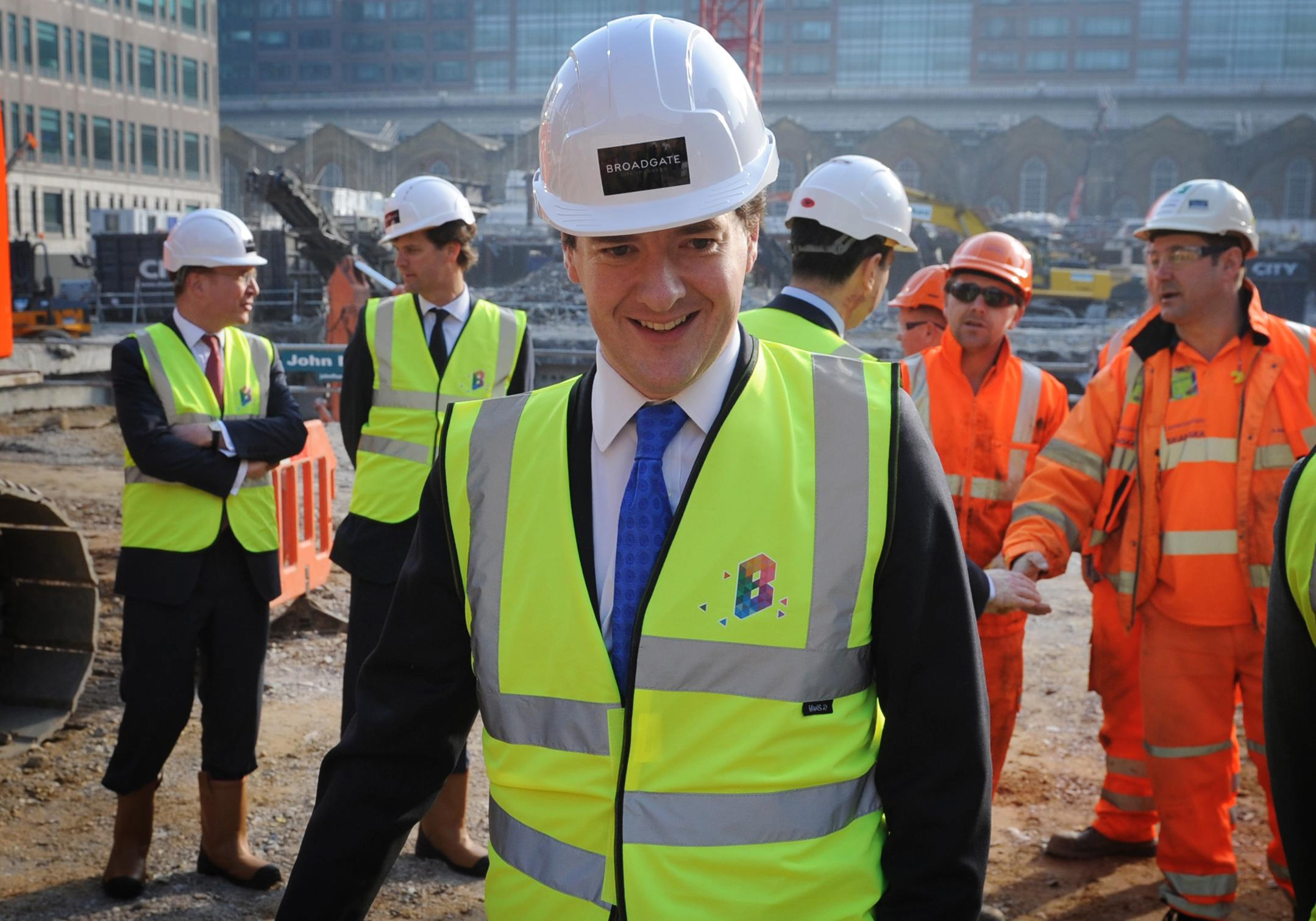Predistribution is about correcting market failures before they have even occurred. In that sense, the concept can be seen as returning market theory back to its roots
Inequality is currently perhaps the major preoccupation in public debate and academic scholarship, due to the unprecedented concentration of wealth that has emerged in the last decades. The question is, what is to be done? Two converging lines seem dominant. One is the idea of predistribution, advanced by the American political scientist Jacob Hacker, namely “the way in which the market distributes its rewards in the first place.” As he has shown with Paul Pierson, legislative drift as well as capture have allowed policies that systematically favor financial and political elites. The other is the imposition of higher tax rates, especially on top income brackets, which the French economist Thomas Piketty and his collaborator, Emmanuel Saez, have shown cannot be assumed to negatively affect growth.








